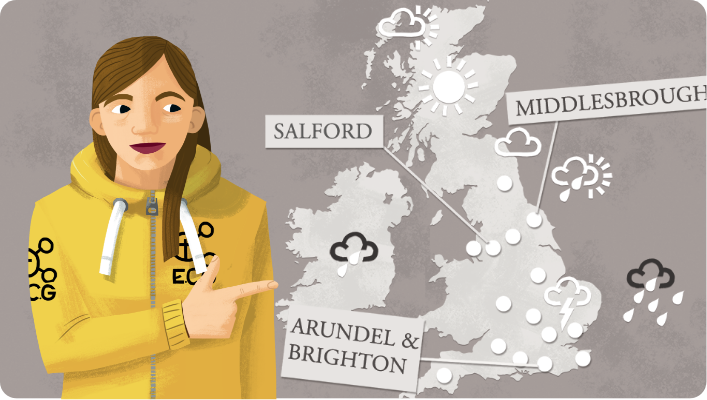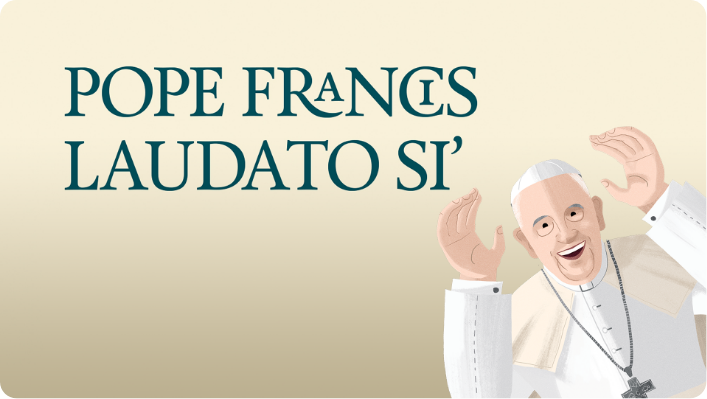


We have asked Graham Gordon, Head of Public Policy at CAFOD to share a few words on what politics is, and why political action is so important to our faith.
God created a good world, one in which human beings could flourish and be in relationship with each other, with God, and with the natural world (Genesis 1-2). However, this world has been corrupted due to human sin and greed, leading to destruction of the environment, inequality, and marginalisation. It has led to the concentration of power in the hands of a few, who often use that power for their own benefit.

We have the choice of throwing our hands up in despair and bemoaning the fact that the wealthy are getting wealthier, the environment is under threat and inequality is everywhere. Or we can roll up our sleeves, get involved, and bring about a change. This desire to get involved and change things for the better is at the root of political action.

Politics may be seen as a dirty word by some, but ultimately, political action is about promoting an agenda for change. It is about engaging in a contested space where there are many competing agendas, each with different world views, values, and motives.
Our vision of how the world could be, indeed how God designed the world to be, should guide our political action. Catholic Social Teaching is rooted in the values of the common good, of a preferential option for the poor, of care for creation, and these values should be at the heart of our political action to care for our common home. We need to hold elected politicians and office holders to account for the use of power, as servants of the people (Romans 13:1-7).
At a local level, many MPs and councillors run for office with the desire of improving the lives of their local area and the people they represent. However, once in office they are met with everyday economic and political pressures and a myriad of competing interests.

“True statecraft is manifest when, in difficult times, we uphold high principles and think of the long-term common good."
Pope Francis, Laudato Si' 178

We need to be able to cut through the busyness, competing interests and pressures. So, whether your issue is seeking more charging points for electric vehicles, getting council commitments to net zero, protecting play areas for children, some ways to engage may be more effective than others:
Photos copyright John Paul de Quay, Helen Moseley, Artwork copyright family of Philip Hagreen

Graham Gordon is the Head of Public Policy at CAFOD, The Catholic Agency for Overseas Development.

Do you have an inspiring story that you would like us to feature? Write to The Journey to 2030 at info@journeyto2030.org or click the link below.

Find your diocese on the map and click to discover groups and contacts to support you in your diocese.

Let us keep you in contact so that we can send you all the latest news and alert you to new features, blogs and more…

Read the document that inspired The Journey to 2030.